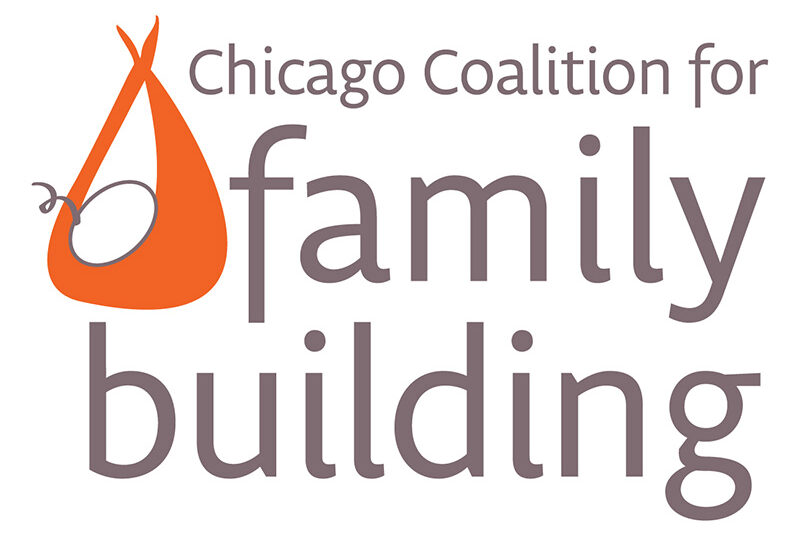News Coverage
What is the Coalition for Family Building (formerly The Life Foundation) and how can it help our US followers?
IVF Babble
February 11, 2019
Fertility treatment in America can be an expensive business and if you’re not a celebrity, have access to a trust fund, a lottery win, or a good insurance policy, you will have to self-fund.
But don’t despair, there are several US charitable organisations that can offer you financial assistance.
One of the leading grant funding organisations is the Chicago Coalition for Family Building (formerly The Life Foundation).
IVF babble talk to the team that give thousands of dollars in grants each year and found out all about the man behind the foundation.
Dr. Lederer was a beloved reproductive endocrinologist in Chicago who died at 55 from malignant melanoma. He had been in practice for more than 20 years and helped thousands of individuals and couples to build families.
The foundation was created in his memory from a deep desire to help couples, individuals and couples struggling with infertility to help provide financial assistance in order to relieve the burden that treatment can cause for affected individuals.
With the aim of providing education and financial assistance, the foundation was launched in 2013 to help couples struggling with infertility.
It is run by a board of directors who make high level decisions about structure and function of the organisation. There is also a medical advisory board that makes all decisions regarding grant allocations.
The coalition has so far awarded 60 grants, have had 26 live births and ten ongoing pregnancies at present.
They help anyone who qualifies medically and financially including single patients, the LGBTQ community and heterosexual couples.
The coalition run two main fundraisers each year, the Run For Life and Bowl For Life and the majority of the money raised is given out in grants.
A coalition spokeswoman said: “We would like to continue to raise more money to help more patients. Our goal is to be able to give a grant to every person who applies. Currently only ten per cent of applicants are awarded grants as we are limited by financial support. We would love to see universal coverage for fertility so that patients are able to access all of the care they need to achieve pregnancy.”
Asked whether there should be more done by insurance companies to help cover costs of anyone suffering from infertility, the spokeswoman said: “There are two types of infertility, medical and biological. Medical infertility is where there is a disease process that impairs the ability to conceive and biological infertility is where one does not have all of the necessary organs or gametes to achieve pregnancy (think same sex couples). We would love to see insurance companies provide coverage universally regardless of the cause for infertility.”
Applications currently are on an annual cycle once per year.
Patients can apply in April (we open our applications during National Infertility Awareness Week) and decisions are made in June.
Patients who have demonstrated financial need and who meet medical criteria can apply. Grants are given preferably to patients that have a realistic chance of achieving pregnancy and under the age of 41.
Grants are typically awarded in July and the maximum grant is $10,000. There is a strict eligibility criteria and for more information visit here.
Click here to read original story.

